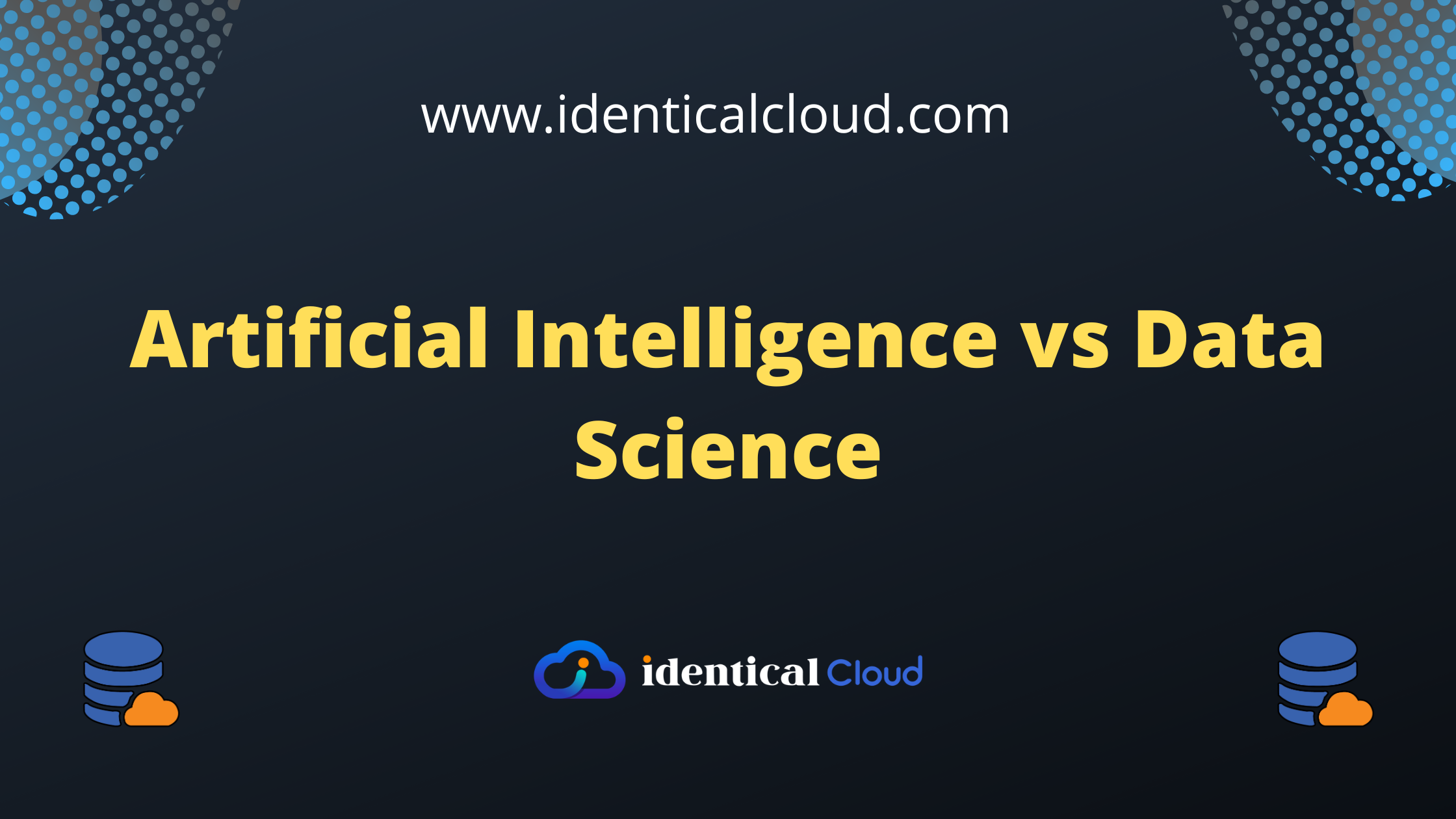
Artificial Intelligence vs Data Science
Artificial Intelligence vs Data Science
In today’s data-driven world, the terms Artificial Intelligence (AI) and Data Science are frequently used, often interchangeably, to describe cutting-edge technological domains. While they are closely related and mutually beneficial, it is essential to understand the nuanced differences between AI and Data Science.
In this blog, we will delve into the intricate details of these fields, exploring their unique characteristics, methodologies, and applications. By unraveling the distinctive pathways of AI and Data Science, we aim to provide a clearer understanding of their roles in shaping the future of technology.
What is Artificial Intelligence?
Artificial Intelligence refers to the development of computer systems that can simulate human intelligence and perform tasks that typically require human intelligence, such as visual perception, speech recognition, decision-making, and problem-solving. AI encompasses a broad range of techniques, including machine learning, natural language processing, computer vision, and robotics. The primary goal of AI is to create intelligent machines capable of imitating and augmenting human cognitive abilities.
What is Data Science?
Data Science, on the other hand, is a multidisciplinary field that combines statistics, mathematics, computer science, and domain expertise to extract insights and knowledge from data. Data Scientists employ various techniques, including statistical modeling, data mining, predictive analytics, and machine learning, to analyze vast amounts of structured and unstructured data. Their focus lies in understanding patterns, making predictions, and generating actionable insights to solve complex problems.
The Interplay Between AI and Data Science:
AI and Data Science are inherently interconnected, with AI often relying on the methodologies and techniques of Data Science to process, analyze, and make sense of large datasets. Data Science serves as the foundation for AI by providing the necessary tools and frameworks to collect, preprocess, and analyze data. Conversely, AI empowers Data Science by enabling advanced algorithms, automation, and intelligent decision-making capabilities.
Applications of Artificial Intelligence:
Artificial Intelligence finds application across various domains, revolutionizing industries and transforming the way we live and work. Some notable examples include:
- Healthcare: AI assists in disease diagnosis, drug discovery, personalized medicine, and robotic surgeries, leading to improved patient outcomes.
- Finance: AI powers algorithmic trading, fraud detection, risk assessment, and customer service chatbots, enhancing efficiency and accuracy in financial operations.
- Transportation: Self-driving cars, intelligent traffic management systems, and predictive maintenance rely on AI to revolutionize transportation infrastructure.
- Natural Language Processing: Virtual assistants, chatbots, and language translation services utilize AI-powered natural language processing techniques to facilitate human-machine communication.
Applications of Data Science:
Data Science plays a crucial role in various fields, offering insights and solutions to complex problems. Some notable applications include:
- Business Analytics: Data Science aids in market research, customer segmentation, demand forecasting, and pricing optimization, enabling data-driven decision-making in business.
- Healthcare: Data Science contributes to medical imaging analysis, patient risk prediction, genomics research, and disease outbreak tracking, promoting personalized healthcare.
- Recommender Systems: Data Science techniques power recommendation engines used by e-commerce platforms, music streaming services, and content providers to enhance user experience.
- Social Media Analysis: Data Science helps analyze user behavior, sentiment analysis, trend detection, and social network analysis, facilitating targeted marketing and content curation.
Difference Between Artificial Intelligence and Data Science
| S. No. | Parameters | Artificial Intelligence | Data science |
| 1 | Basics | AI(short) is the implementation of a predictive model to forecast future events and trends. | Data Science is a detailed process that mainly involves pre- processing analysis, visualization and prediction. |
| 2 | Goals | Automation of the process and the granting of autonomy to the data model are the main goals of artificial intelligence. | Identifying the patterns that are concealed in the data is the main objective of data science. |
| 3 | Types of data | AI uses standardized data in the form of vectors and embeddings. | Data Science will have a variety of different types of data, including structured, semi-structured, and unstructured type of data. |
| 4 | Scientific Processing | It has a lot of high levels of complex processing. | It has a high degree of scientific processing. |
| 5 | Tools used | The tools used in AI are less extensive compared to Data Science. | The tools utilized in Data Science are far more extensive than those used in AI. This is due to the fact that Data Science entails a number of procedures for analyzing data and developing insights from it. |
| 6 | Build | By using this we emulate cognition and human understanding to a certain level. | By using the concept of data science, we can build complex models about statistics and facts about data. |
| 7 | Technique used | It uses a lot of machine learning techniques. | It uses the technique of data analysis and data analytics. |
| 8 | Use | Artificial intelligence makes use of algorithms and network node representation. | Data science makes use of graphical representation. |
| 9 | Knowledge | Its knowledge is all about imparting some autonomy to a data model. | Its knowledge was established to find hidden patterns and trends in the data. |
| 10 | Examples of Tools | Tensor flow, sci-kit-learn, Kaffee, etc are the tools used in AI. | R, Python, etc. are the tools used in data science. |
| 11 | Models | Models are created in Artificial Intelligence that is believed to be analogous to human understanding and cognition. | Models are built in Data Science to generate statistical insights for decision-making. |
| 12 | Decisions | AIs look to intelligence reports to make decisions. | Data Science looks for patterns in data to make decisions. |
| 13 | Applications | Its application is robotics, automation, etc. | Its applications are advertising, marketing, Healthcare, etc. |
| 14 | When to use? | AI will be employed when: There are repetitive chores involved. You must conduct a risk assessment. Rapid decision-making is required. Exactness is necessary. You demand logical decision-making free of emotional bias. | Data Science will be employed when: The problem necessitates quick mathematical computation. Exploratory data analysis is required (EDA) You must employ predictive analytics. It is necessary to identify patterns and trends. Statistical knowledge is required. |
| 15 | Examples | Robots, Chatbots, online gaming, and voice assistants are some examples. | Process optimization, Customer trends, and financial analysis are some examples. |
Which is better artificial intelligence or data science?
The tools involved in Data Science are a lot more than the ones used in AI. This is because Data Science involves multiple steps for analyzing data and generating insights from it. Data Science is about finding hidden patterns in the data. AI is about imparting autonomy to the data model.
Conclusion
AI and data science are two rapidly evolving fields that are having a major impact on the tech industry. Both fields offer exciting career opportunities for those who are interested in using their skills to solve real-world problems.
If you are interested in pursuing a career in AI or data science, there are a number of things you can do to prepare. First, you should develop a strong foundation in math and statistics. You should also learn about programming languages such as Python and R. Finally, you should gain experience working with data. There are a number of online courses and tutorials that can help you get started.
The field of AI and data science is constantly evolving, so it is important to stay up-to-date on the latest trends. You can do this by reading blogs, attending conferences, and networking with other professionals in the field.
If you are passionate about using technology to solve real-world problems, then a career in AI or data science could be the perfect fit for you.


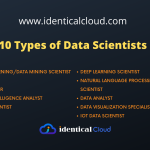

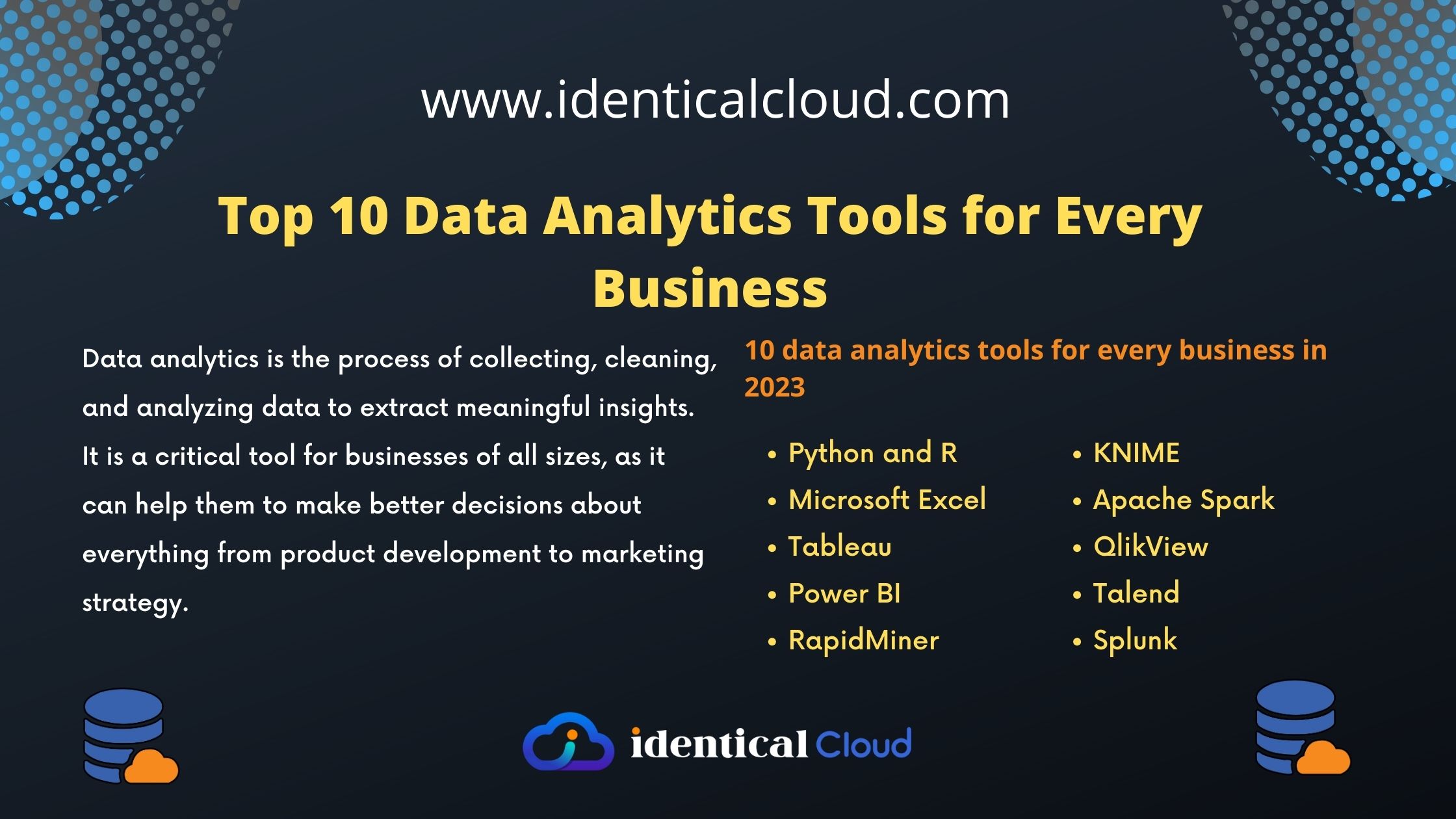
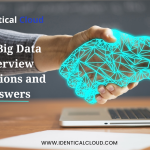

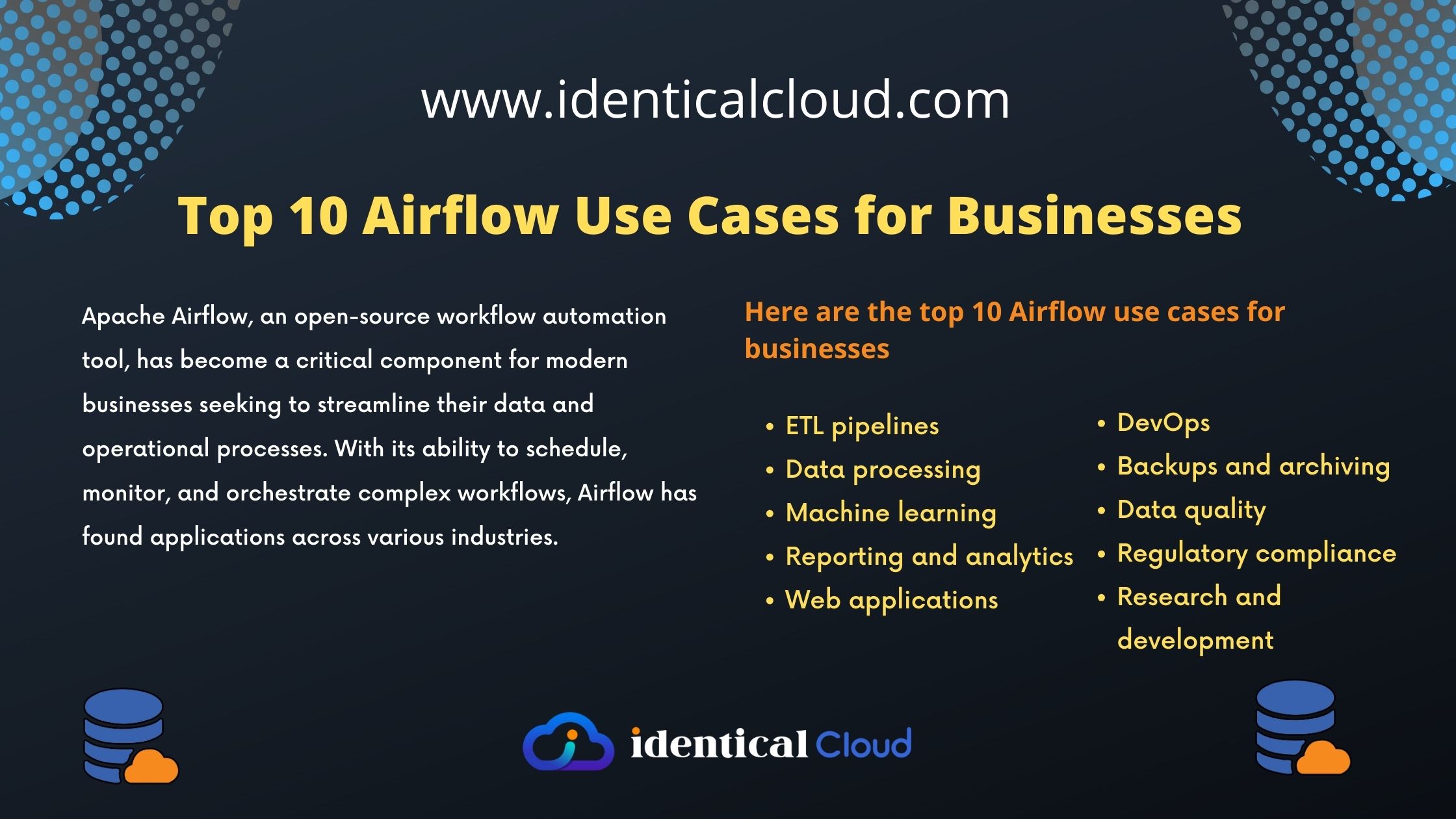
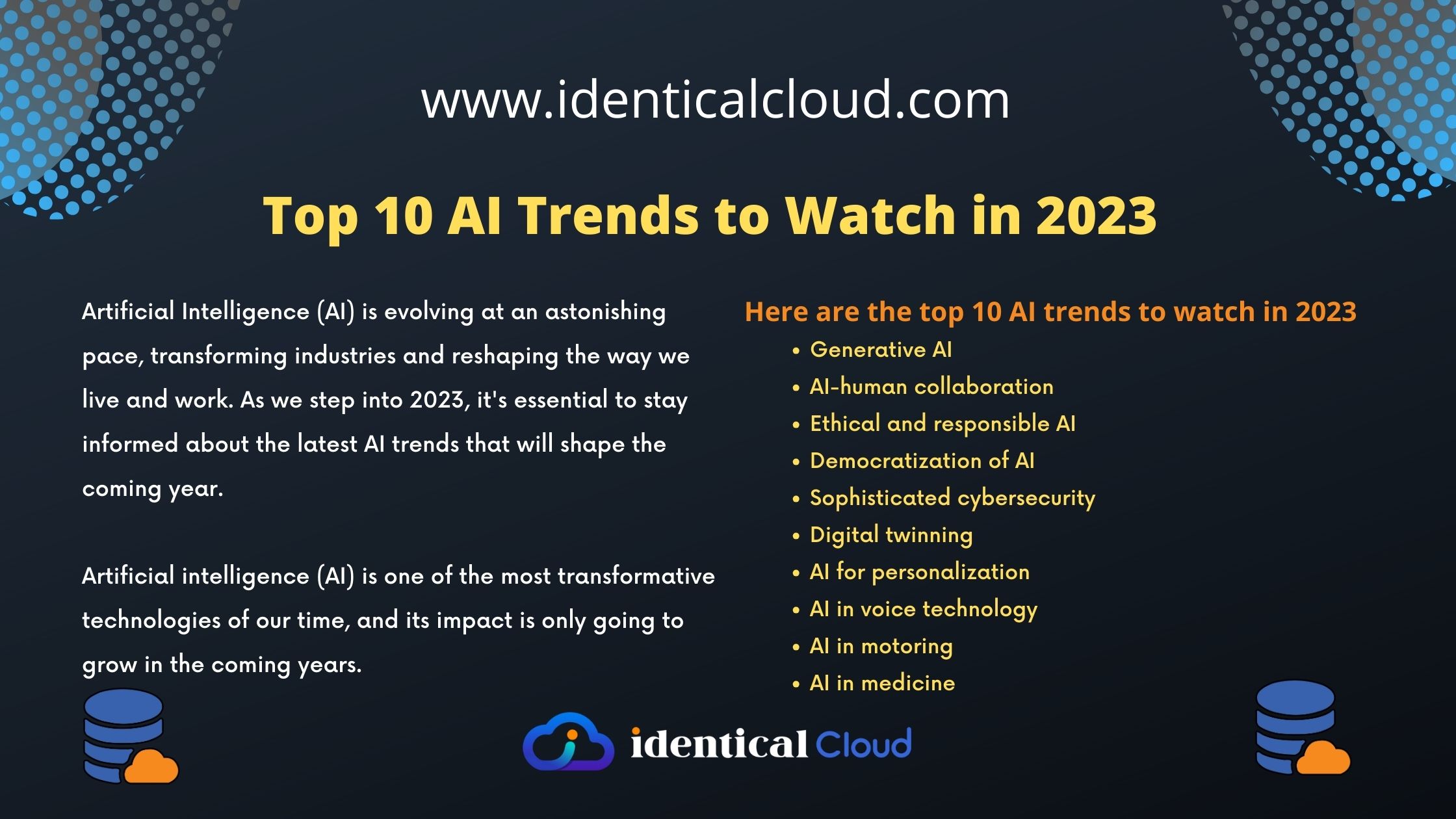
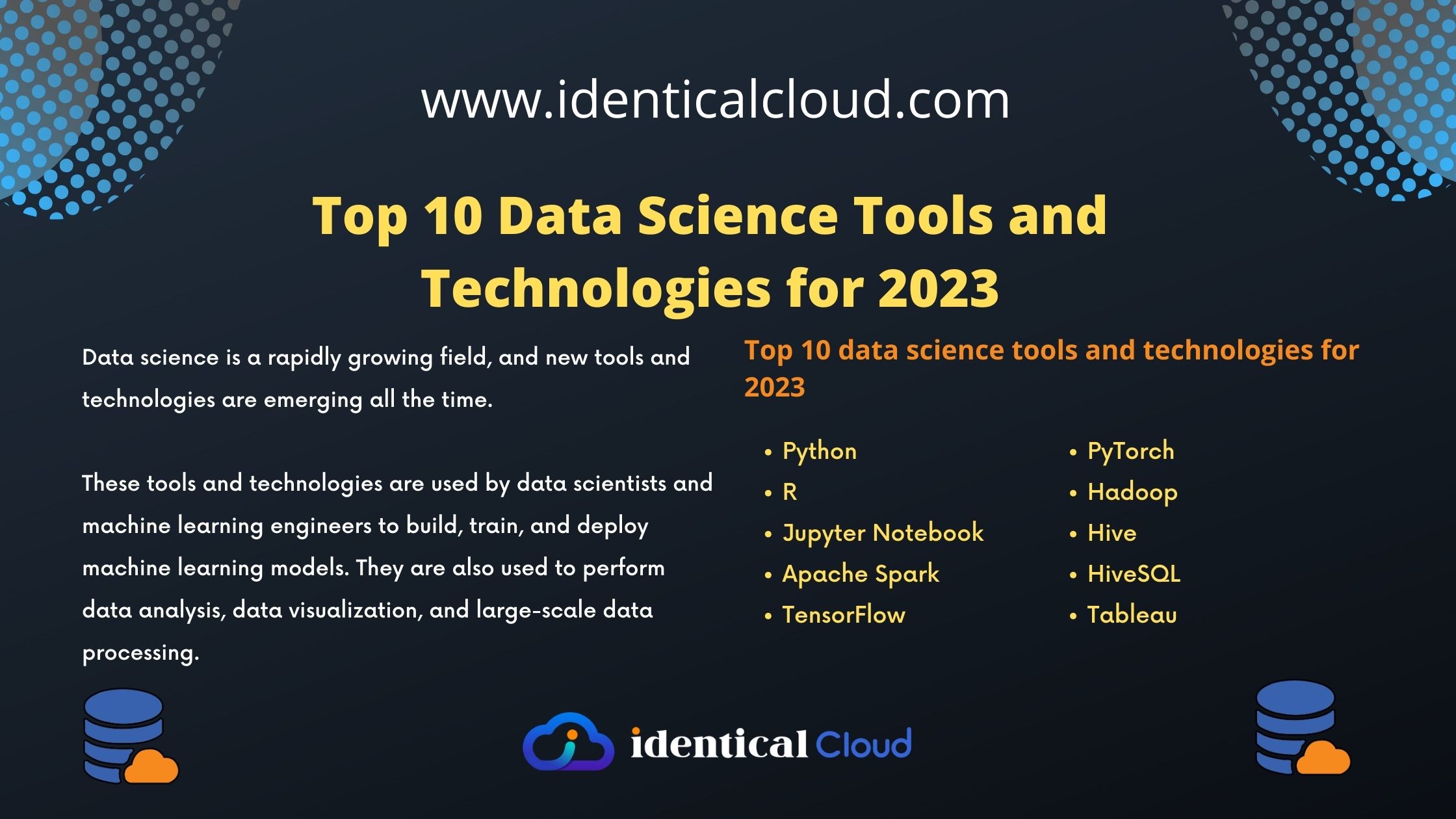
Nice information. Thanks for sharing